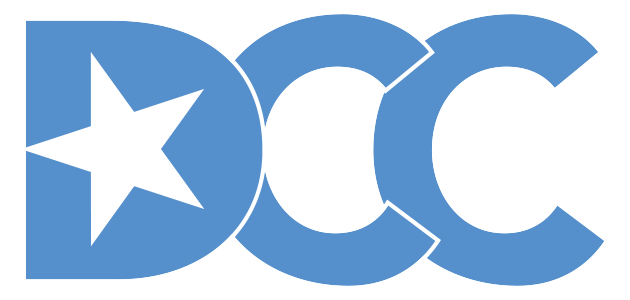School Innovation and Improvement Plan
Outcome goals for this academic school year
School Innovation and Improvement Plan At-a-Glance 2024-2025
- Davis Career Center, Region 5
- Chad Clayton, Principal
Leading for Tomorrow's Innovation
Goal: By June 2025, all DCC students and staff will be engaged in the systematic implementation of the Tier 1 Behavior & Wellness plan; areas of primary focus will be: 1. Professional development (ongoing) for staff to address implementation, data review, and response to intervention.
2. Consistent implementation of the matrices and aligned student lessons.
3. Implementation of the student-acknowledgement system, which is a ticket collection system that will celebrate student actions in alignment with the matrices and provide data to the committee.
Strategy 1
Committee sets proactive and repeated expectations for staff and students (lessons, staff training).
Strategy 2
All teachers will be engaged in the Tier 1 Behavior & Wellness plan as it will be embedded into the CLT structure as part of the regular planning by teacher groups; additional measures will be taken to ensure paraprofessionals are kept up to date on the plan (led by PHTA-members of the committee). Fidelity of implementation will be monitored through the schoolwide acknowledgement system.
Strategy 3
Students across a wide continuum of abilities are being provided instruction and being acknowledged with tickets based on quarterly counts.
Safe, Supported, Included, and Empowered
Goal: By June 2025, 100% of DCC students will demonstrate individualized progress in community travel readiness as measured by the DCC Independent Community Access and Navigation (iCAN) travel readiness rubric.
Strategy 1
Baseline CBI data is collected for each DCC student.
Strategy 2
CBI baseline data is utilized to plan for and implement individualized instruction.
Strategy 3
Students are reguarly provided CBI opportunities in order to demonstrate growth in specified target skills.
Equitable Access & Opportunity
Goal: By June 2025, all DCC teachers will implement agreed-upon, collaborative grading practices in community work settings on a quarterly basis; these practices will be reflected in specific gradebook entries generated through CLT discussions and reflections that will ground teachers in expectations for this aligned instructional expectation.
Strategy 1
LT and the Teacher Leadership Team (TLT) will draft a grading policy and identify specific logistics necessary for implementation in the community setting.
Strategy 2
Staff will plan for direct instruction of workplace readiness skills in the community setting.
Strategy 3
Teachers align weekly Employment for Education (EFE) gradebook with selected Workplace Readiness Skills competency to reflect student progress.
